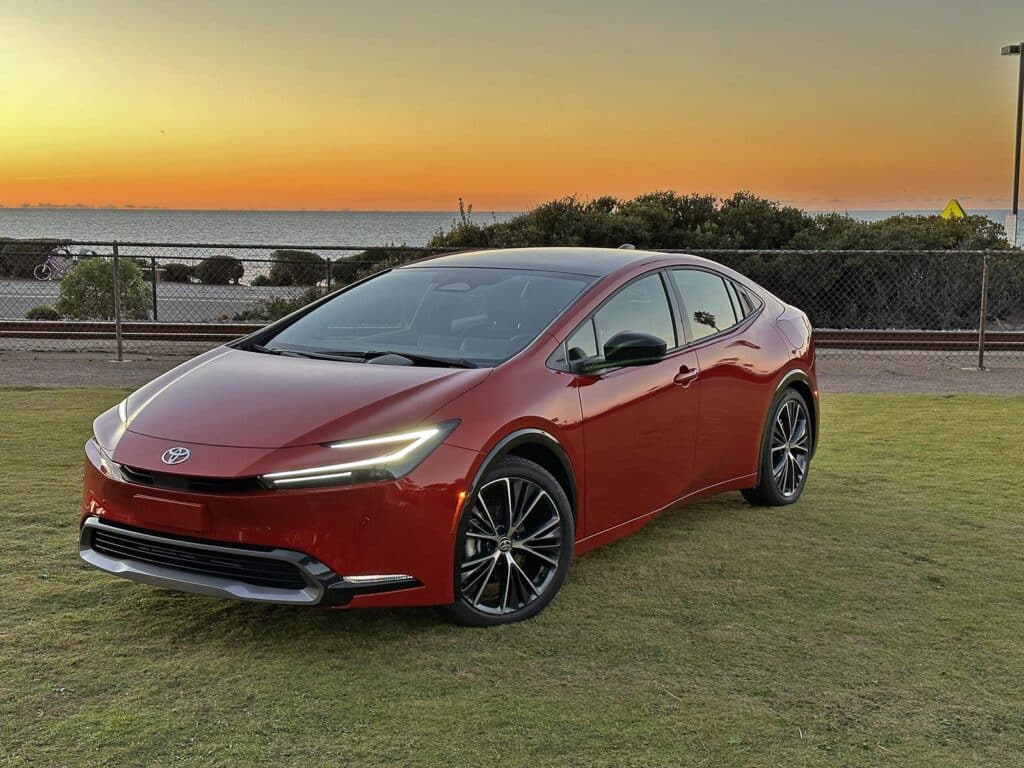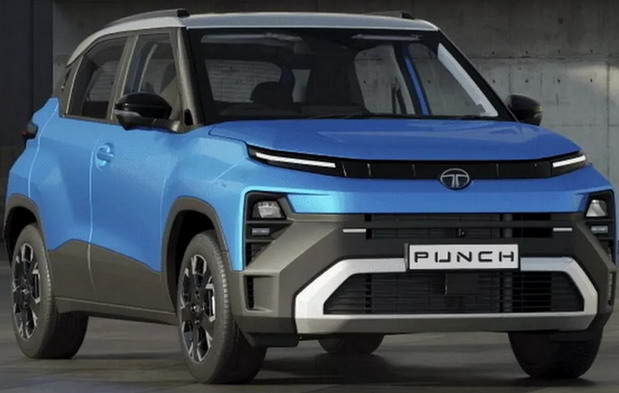TOYOTA

Koji Sato, the Toyota veteran who will take over as CEO in April, plans to adopt an "EV-first mentality," he said, reversing course from his EV-sceptical predecessor, outgoing chief executive Akio Toyoda. .
That doesn't mean Toyoda will abandon its familiar hybrids and plug-in hybrids anytime soon, Sato said, but it will start a more aggressive rollout of all-electric models, with the Japanese giant's Lexus brand taking the lead in the transformation.
“We need to drastically change the way we do business,” said Sato, as reported by the Wall Street Journal.
One skeptic rethinks his opposition to EVs...Among the major manufacturers, Toyota has been the most openly skeptical of battery electric technology, favoring hybrid vehicles, including HEVs and PHEVs, as well as fuel cell electric vehicles from hydrogen. Toyoda, the grandson of the automaker's founder, has frequently spoken out against all-electric use in December 2021, warning that such a move could destroy the Japanese auto industry.
But Toyoda began to soften his opposition, at least a little, before unexpectedly announcing his decision to retire last month. (He will assume a new role as chairman once Sato officially becomes CEO on April 1.)
Late last year, Toyota confirmed that it had launched an internal study examining its electrification strategy, in particular its approach to BEVs.
New platform strategy... Among the changes initiated: Toyota will now develop dedicated all-electric architectures, rather than trying to customize the platforms it already uses for its hybrid and gas-powered models. This approach has been tried - and abandoned - by a number of other manufacturers, including BMW due to the compromises it requires.
The change in design approach could actually delay some of the EVs Toyota already had in development.
The exact reason for the shift to an EV-first approach has not been revealed, though the study - and Sato's - clearly have to consider what's happening beyond Toyota's confines, as well as the Japanese market, where it has outsized influence.
Toyota has been the exception... With only a few exceptions, automakers big and small have made plans to go all-electric. US giant General Motors plans to be there by 2035. Volkswagen, which is investing more than $100 billion in electric vehicles, plans to stagger its transition. Some of its brands, such as Bentley, will be 100% electric as early as 2030.
Then there is the growing onslaught of electric vehicle startups such as US Tesla and China's BYD. They have seen sales grow rapidly and are laying the groundwork to grow from niche to major players. Tesla CEO Elon Musk predicted that his company could control as much as 20% of the global new vehicle market within a decade. That's roughly double Toyota's current worldwide share.
Improvements in battery technology, along with growing consumer interest, have driven industry change. But there is also pressure from regulators around the world. The European Union plans to end sales of new vehicles with internal combustion engines by 2035, and Britain has a target of 2030. In the US, President Joe Biden wants EVs to account for half of all sales by 2030, and California is leading several states in setting 2035 as the target for going all-electric.
Still some skeptics... There are still some skeptics within the industry. During a talk at the Consumer Electronics Show in Las Vegas last month, Stellantis CEO Carlos Tavares expressed concern about shifting entirely to battery electric vehicles. But he said his company will not only follow but also lead what is becoming an inevitable transformation.
How quickly Toyota will execute this new EV-oriented approach is unclear. Sato stressed that he "will continue with an omnidirectional approach without wavering."
The automaker is currently the world's leading seller of hybrid vehicles, and even some EV proponents recognize the need for hybrids as a transitional technology, especially at a time when range, charger availability and cost remain obstacles to the wide acceptance of EVs. by the consumer.
Slow launch...Toyota’s own skepticism was clearly apparent in its sales numbers. It only launched its first long-range EVs last year — with sales suffering from an early quality glitch that took the Toyota bZ4X off the market for several months. All told, EVs accounted for barely 1% of its global sales last year and were only expected to reach a third of total volume by 2030.
Even before Toyoda announced his retirement, he signaled change was afoot, Toyota saying it was expanding development of EV parts and components.
The executive also said Lexus was on a path to become the automaker’s EV lead, going 100% electric by 2035. That’s in line with what other manufacturers are planning, luxury vehicles better able to absorb what remain higher costs for EV production.
The brand’s first long-range model, the Lexus RZ 450e, will hit U.S. showrooms this year. As with the bZ4X — with which it shares key underpinnings — the Lexus EV was developed as part of a joint venture with Subaru. It’s unclear whether that cost-saving alliance will continue going forward.
Paul A. Eisenstein, Detroit Bureau

Nenhum comentário:
Postar um comentário